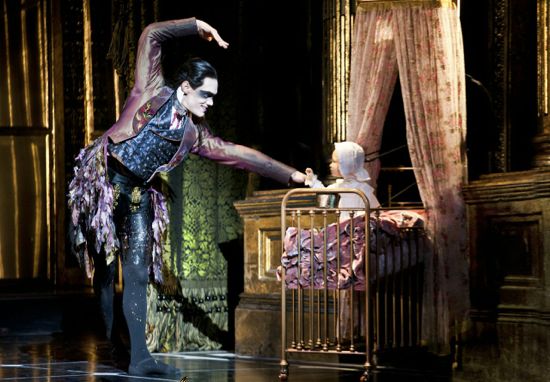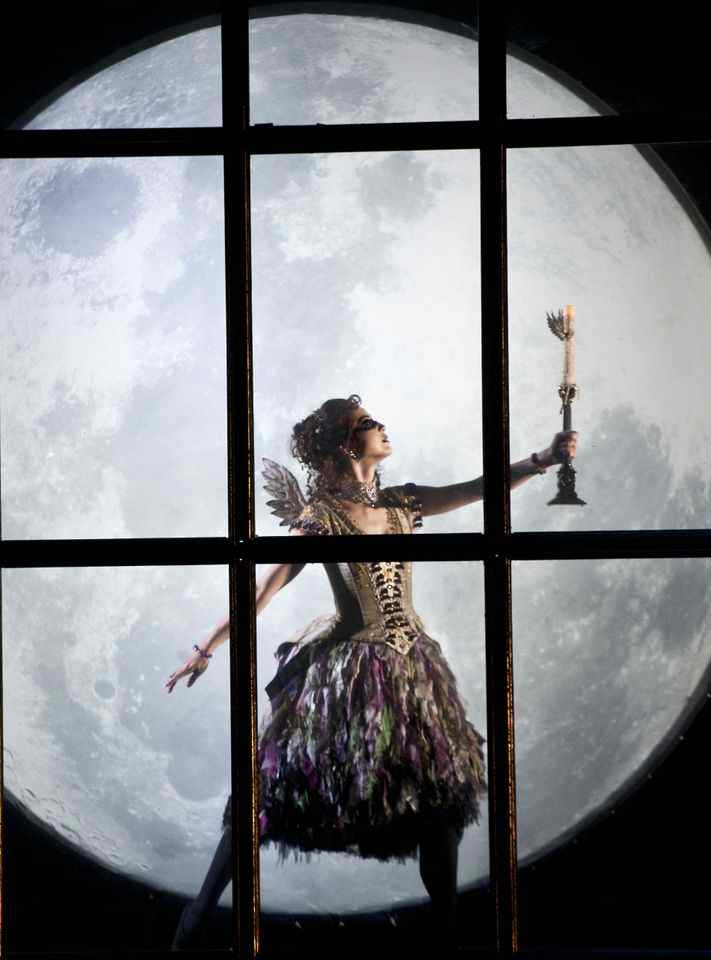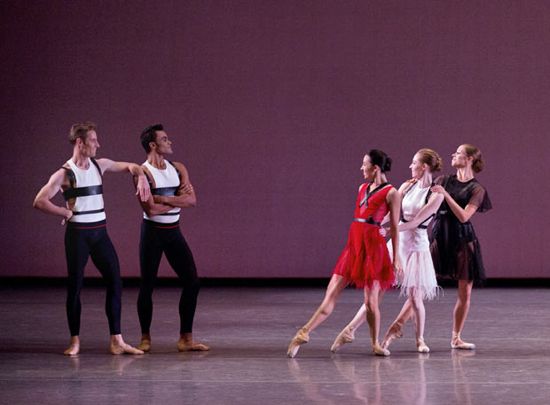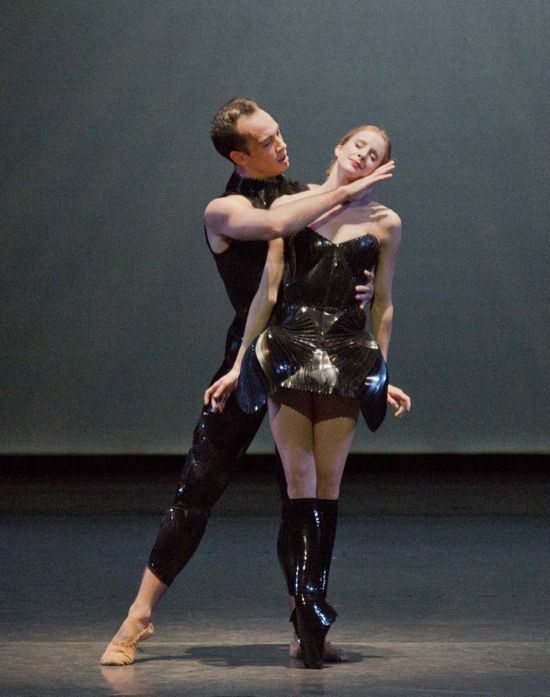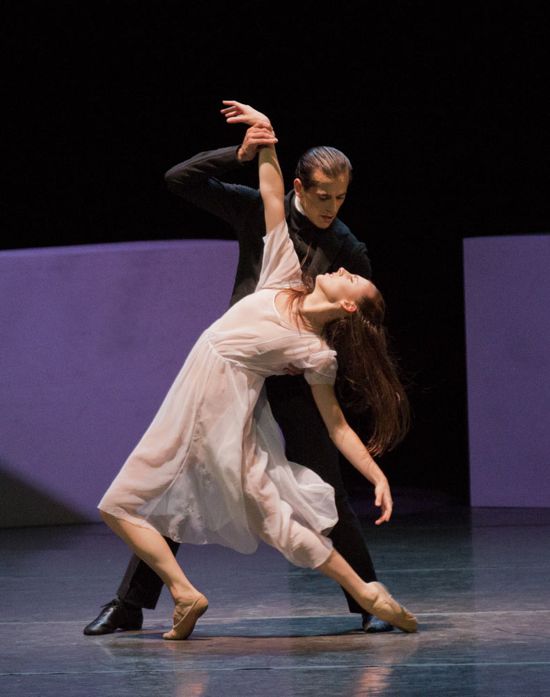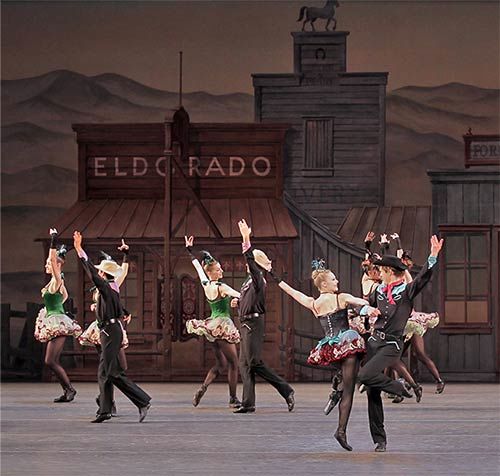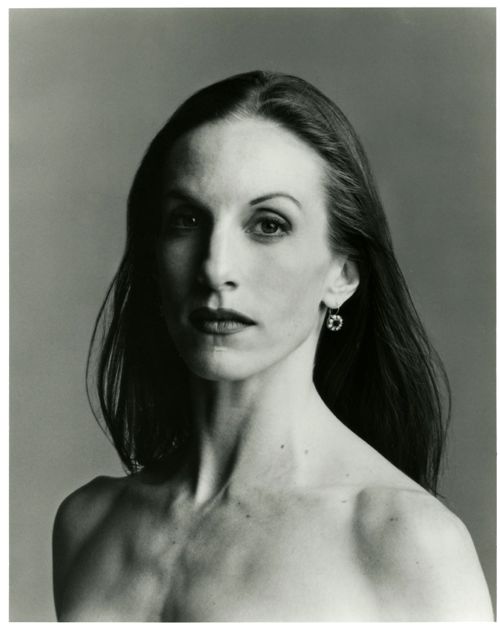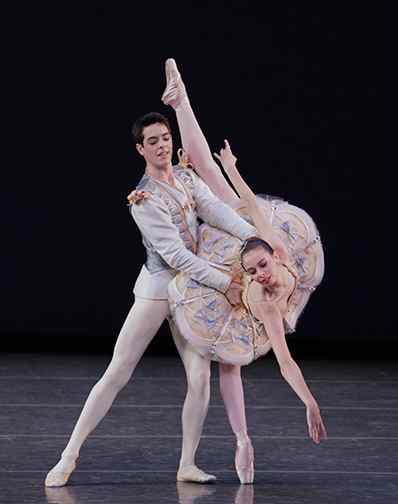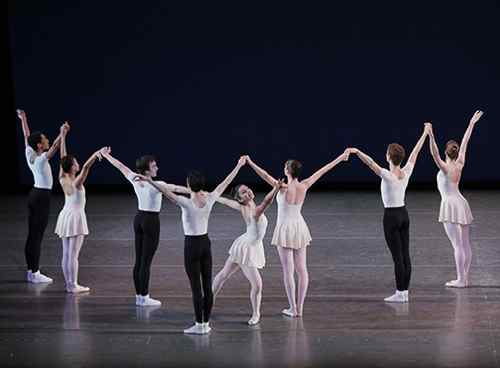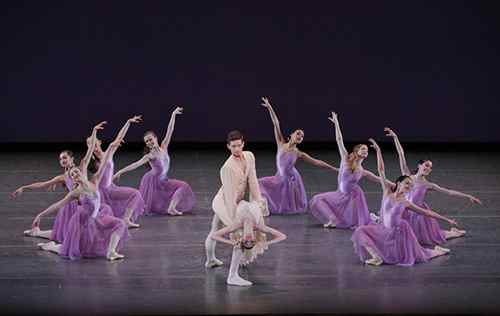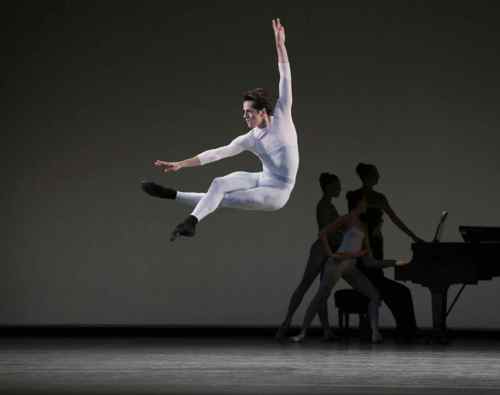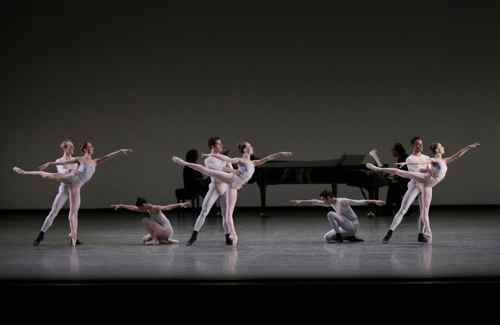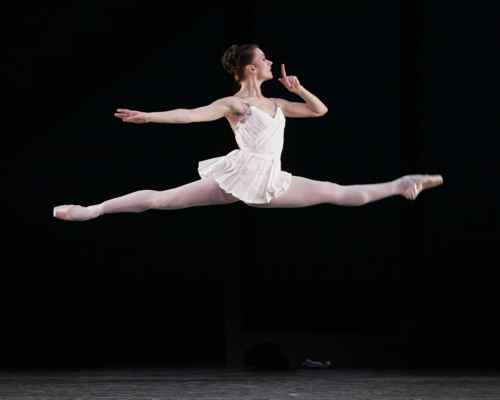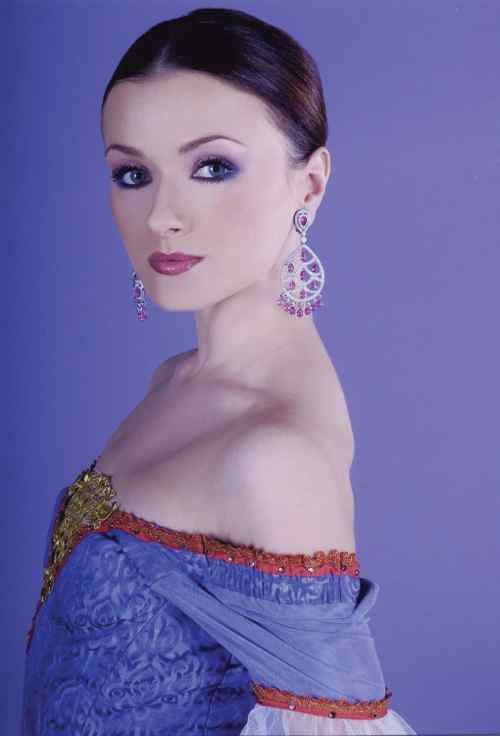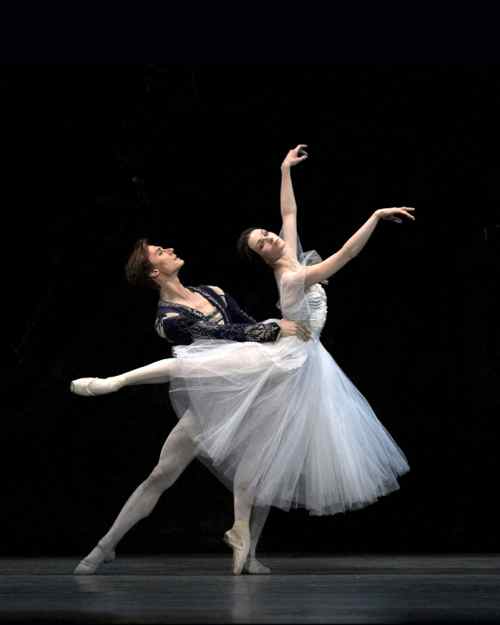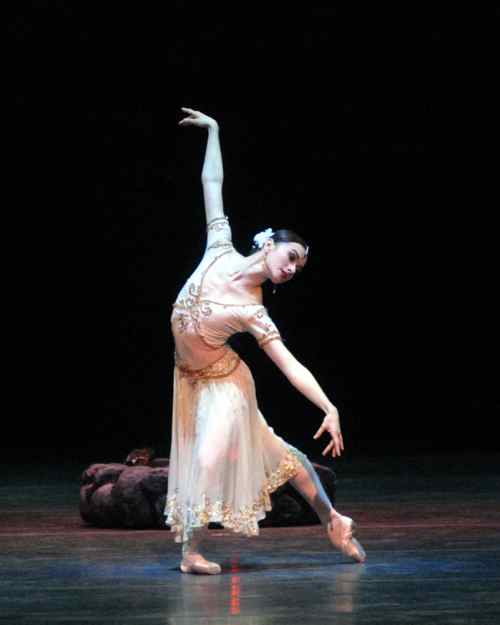
Deborah Jowitt has written an appreciation of Tobi on her DanceBeat blog:
“Like many dance writers, she came into prominence when the field began to flourish, not long after President Lyndon Johnson established the National Endowment for the Arts in 1965, and choreographers received government funding for the first time. When it turned out that dance merited—needed— enlightened criticism, the NEA helped make it possible for dance critics from all over the United States (and some from abroad) to attend summer workshops, either in the east or on the west coast. Tobi was in on the founding of the Dance Critics Association and vital among those laboring to obtain funding and plan its annual conferences. Who knew that we critics—often paid skimpily or not at all—could form a fellowship?”
“And she wrote and wrote and wrote. New York Magazine published her reviews for over twenty years. She wrote for Dance Magazine and edited its criticism for almost ten years.”
And there’s now an obituary for Tobi in The New York Times:
Her articles for Arts Journal made her a finalist for the 2012 Pulitzer Prize in criticism. The Pulitzer judges singled her out for “work that reveals passion as well as deep historical knowledge of dance, her well-expressed arguments coming from the heart as well as the head.”
“Sometimes I felt that she was uncomfortably brutal,” the dance writer Mindy Aloff said by email, “but she provided a beacon of integrity to the field. She was open to elements of darkness, even ugliness, as well as to beauty, as long as the choreography and performance met her standards of craft and accuracy.”
On a personal note: Tobi was among the first group of writers I invited to blog on ArtsJournal. I had read her for years and appreciated her elegance, clarity and erudition. Though her judgments were crisp, they were never made lightly. She knew the art deeply and it informed her judgments. The legendary arts editor Jeff Weinstein, then at Bloomberg News, connected me with her.
She used to call me regularly. I grew to dread when the caller ID displayed her name. She was very much a traditional critic, and I think she found the idea of writing without an editor a bit… distasteful. She would ask about this or that piece she wanted to write and was that okay with me. I would say: “Tobi – it’s your blog and you can write whatever you want,” but she liked to check in. I was flattered. And then we’d talk and talk – often for a long time.
She was a committed technophobe who turned over all matters technical to her preternaturally patient husband Irwin. She’d call and tell me Irwin needed to talk. I knew what that meant.
Her approach to writing for the blog was just as meticulous and tuned to detail as her other writing. And she frequently fussed to me about details of the sort I was, I confess, not all that interested. But she was pretty much always right and magnanimous after I bent to her will. Though she fussed and often complained, she was a good sport about it.
A story: We talked about her submitting her work for the Pulitzers. Though I had suggested it to her, I was skeptical – no online critics had ever won, and the category had only recently been expanded to include online publications. She sent links to the posts she wanted to use and asked me for a letter of recommendation. The year before (2011) I had been on the Pulitzer criticism jury and had seen the elaborate bound submission packages traditional publications had created.
Nonetheless, she put together her package and submitted. I also happened to be on the jury in 2012, and at the beginning of the proceedings I dutifully recused myself from her nomination along with a few others with whom I had conflicts of interest. The Pulitzers take recusal very seriously; you can’t even be at the table when your conflictees are discussed by the others.
When I returned and we began taking votes and discussing finalists, I was astonished and thrilled when other members of the panel talked about her writing in glowing terms. We recommended Phil Kennicott of the Washington Post and Wesley Morris, then at the Boston Globe. She was high on all the others’ lists, and even without my vote she was added.
The way it works is the panel recommends three finalists and writes a statement in support of each. The names go to the Pulitzer board and they choose the winner. The hardest part was that for the next few months I was forbidden to tell anyone – including Tobi – until the official announcement. Though she didn’t win, she was the first-ever online finalist for criticism. Richly deserved after an influential career over decades.
One last thought: Tobi was a dance critic at probably the best possible time – during the years of the NEA Dance Touring Program and the growth of dance companies, there was lots to write about and she had a great venue at New York magazine for decades. Though there’s still lots to write about, there aren’t so many serious venues. When New York shed critics — along with traditional publications everywhere — it marked the end of an era. There are still good critics, and now plenty of online writing (and Instagramming) of dance, but the kind of in-depth appraisals at which Tobi excelled are now very rare.
Tobi will be missed.





